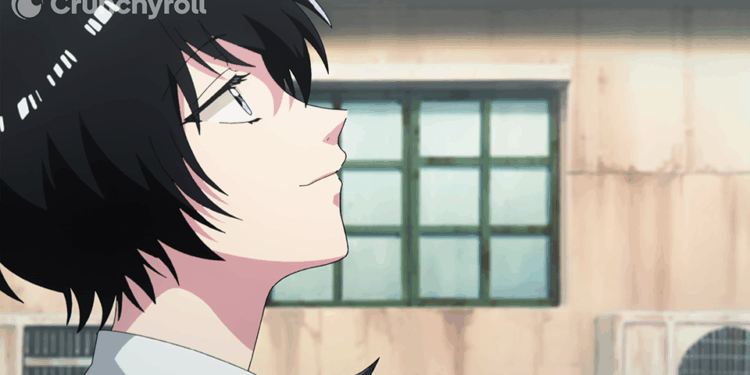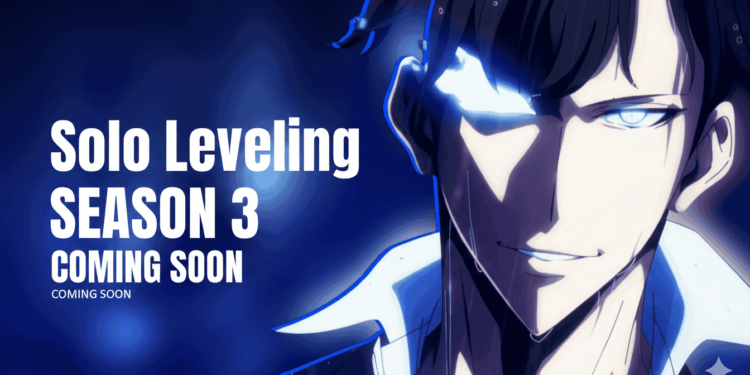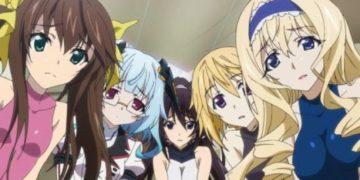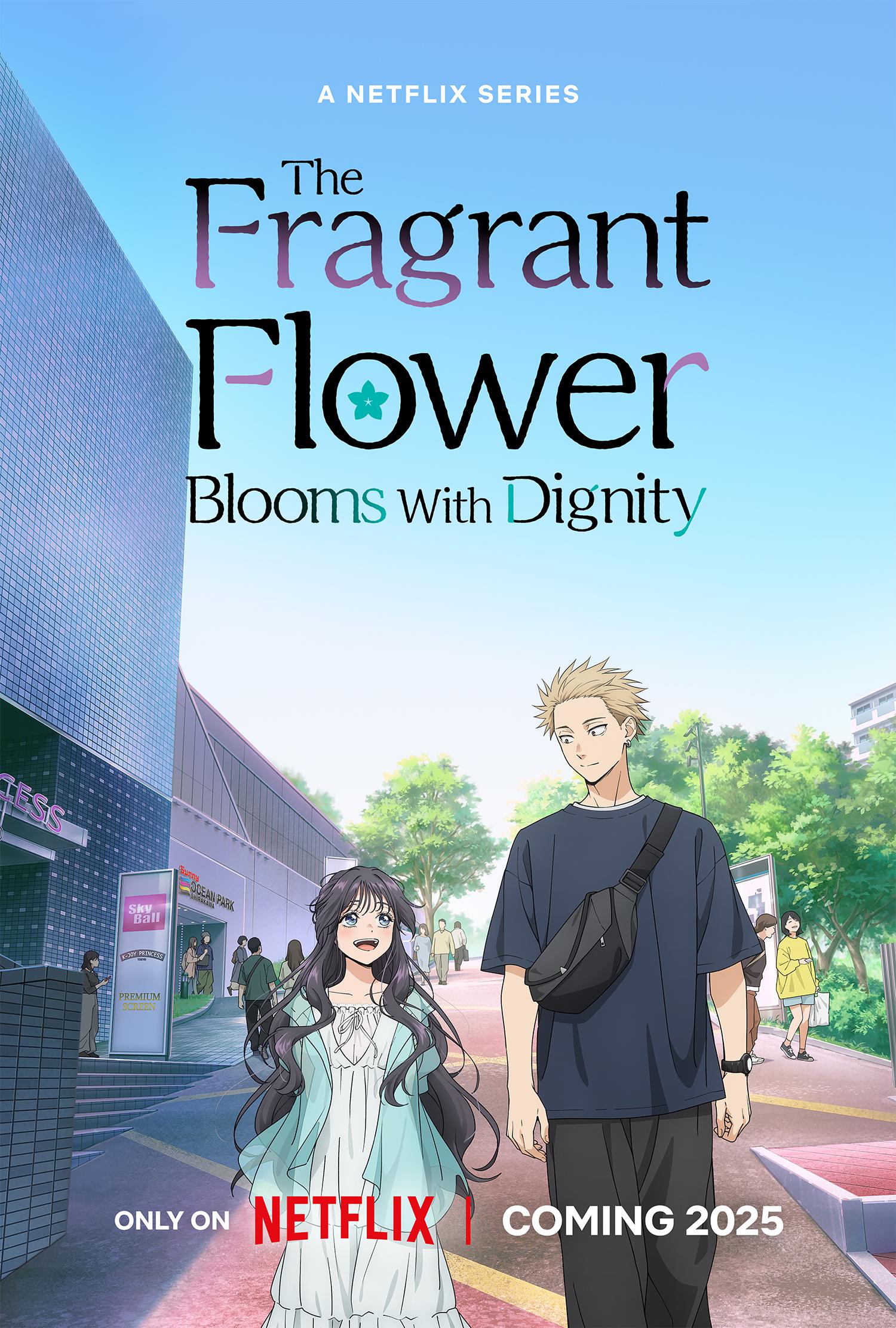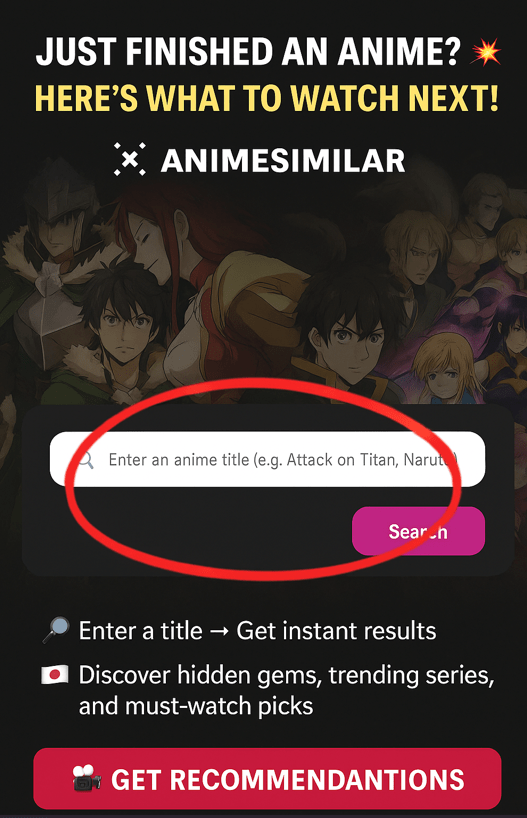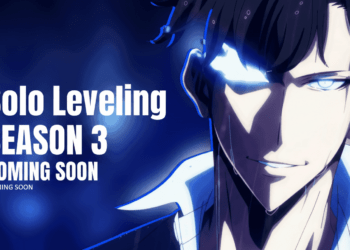The Dangers of Nostalgia in KOWLOON GENERIC ROMANCE
Introduction to KOWLOON GENERIC ROMANCE
KOWLOON GENERIC ROMANCE is an anime series adapted from the original manga by Jun Mayuzuki, best known for her previous work, After the Rain. The anime explores profound psychological themes such as nostalgia, emotional isolation, and self-actualization, all set within a surreal rendition of the Kowloon Walled City. Its storylines delve into the dangers of living in the past, illustrating how people can become trapped in idealized memories.
Officially announced as part of the Winter 2024 anime season, KOWLOON GENERIC ROMANCE is animated by studio PINE JAM, known for titles such as Just Because! and Gamers!. The show is streamed globally by Crunchyroll, bringing this emotionally layered narrative to an international audience.
The Creative Team Behind the Series
The anime is directed by Tomoyuki Kurokawa, whose previous works include Break Blade and Psychic Detective Yakumo. Series composition is handled by <strong,Yuuko Kakihara
The Voice Cast
KOWLOON GENERIC ROMANCE features a well-known cast of voice actors who bring nuanced performances to this introspective series:
- Reiko Kujirai: Voiced by Yumiri Hanamori (Laid-Back Camp, Ao-chan Can’t Study!)
- Hajime Kudo: Voiced by Daisuke Ono (JoJo’s Bizarre Adventure, Black Butler)
- Yaomay Mo: Voiced by Maaya Uchida (Love, Chunibyo & Other Delusions, Noragami)
- Xiaohei: Voiced by Yuuichirou Umehara (Goblin Slayer, Seirei Gensouki)
Kowloon Walled City: A Metaphorical Refuge
The setting, a reimagined Kowloon Walled City, is not merely a backdrop for the story but a critical component of the anime’s psychological landscape. As viewers learn, this alternate version of Kowloon materializes from the intense grief and regrets of the protagonist, Hajime Kudo. Here, the seemingly unchanging city becomes a sanctuary for others harboring deep emotional wounds, such as Xiaohei and Yaomay.
While it may appear that nostalgia drives people into this Kowloon, the real catalyst is regret. Each character’s presence within the city reveals a desire to avoid difficult truths. For Kudo, it is guilt surrounding the loss of the original Reiko. For Xiaohei, it’s the discomfort in his physical identity. As for Yaomay, the city represents a space where she can flee the emotional tether of her overbearing mother.
Nostalgia vs. Progression in KOWLOON GENERIC ROMANCE
The series articulates how such longing for the past—sparked by regret—can inhibit personal growth. Kudo, for example, finds comfort in this unchanging space. He maintains the same job, frequents the same restaurants, and shares a safe, unfulfilled connection with Reiko. This predictability ensures that he never experiences loss again, yet it also prevents him from living meaningfully.
As Reiko starts to uncover the truths about Kowloon and asserts her own identity, the illusion begins to unravel. She aspires to become her true self, a journey that threatens the stability of Kudo’s fantasy. Similarly, Yaomay’s decision to confront her past—specifically her relationship with her mother—causes the city’s hold on her to fade. As she grows emotionally, Kowloon ceases to be necessary.
Metaphors of Escape and Emotional Confrontation
KOWLOON GENERIC ROMANCE explores escape as both a literal setting and a state of mind. Everyone who enters Kowloon is seeking refuge from something—past trauma, unspoken guilt, or deep-seated insecurities. Xiaohei finds peace in an imagined version of the past where he felt at home in his own body. Yaomay idealizes the city as a fresh start, but it remains shackled to unresolved issues she avoids.
Reiko and Yaomay’s parallel journeys stand in contrast to Kudo’s emotional stagnation. By choosing growth and confrontation over comfort, both characters embody the concept of self-actualization. This process ultimately forces Kudo to come face-to-face with his own avoidance. As Reiko becomes emotionally independent and seeks change, Kudo’s sanctuary begins collapsing—both figuratively and literally.
The Collapse of Kowloon and Emotional Catharsis
The final episodes depict the disintegration of Kowloon as a physical manifestation of Kudo’s internal struggle. For years, he submerged his grief and guilt beneath the safety of routine. But once confronted by Reiko’s transformation and her desire to experience life outside of their closed world, Kudo experiences emotional upheaval. This leads to Kowloon’s collapse—symbolizing the end of his denial.
Within the ruins, Kudo finally has a heartfelt conversation with Reiko—and more importantly, with himself. He accepts that the past cannot be rewritten, and that suppressing emotion is a form of emotional paralysis. It’s this moment of personal reckoning that allows him to move forward, leaving behind the copy of a life he created out of sorrow.
Conclusion: A Reflection on Growth and Reality
KOWLOON GENERIC ROMANCE serves as a powerful metaphor for emotional stagnation and the impact of unresolved trauma. The fictional Kowloon is not a paradise, but a stasis—a retreat from change, risk, and forward momentum. Through characters like Reiko and Yaomay, the story emphasizes that true personal growth requires accepting discomfort, owning one’s identity, and moving beyond nostalgic illusions.
In the end, the anime builds a compelling argument against emotional escapism. It suggests that healing comes not from reliving the past, but from embracing the unknown future. For Kudo and the others, leaving Kowloon is not loss—it’s a necessary step toward becoming their true selves.
KOWLOON GENERIC ROMANCE is currently available for streaming on Crunchyroll.

